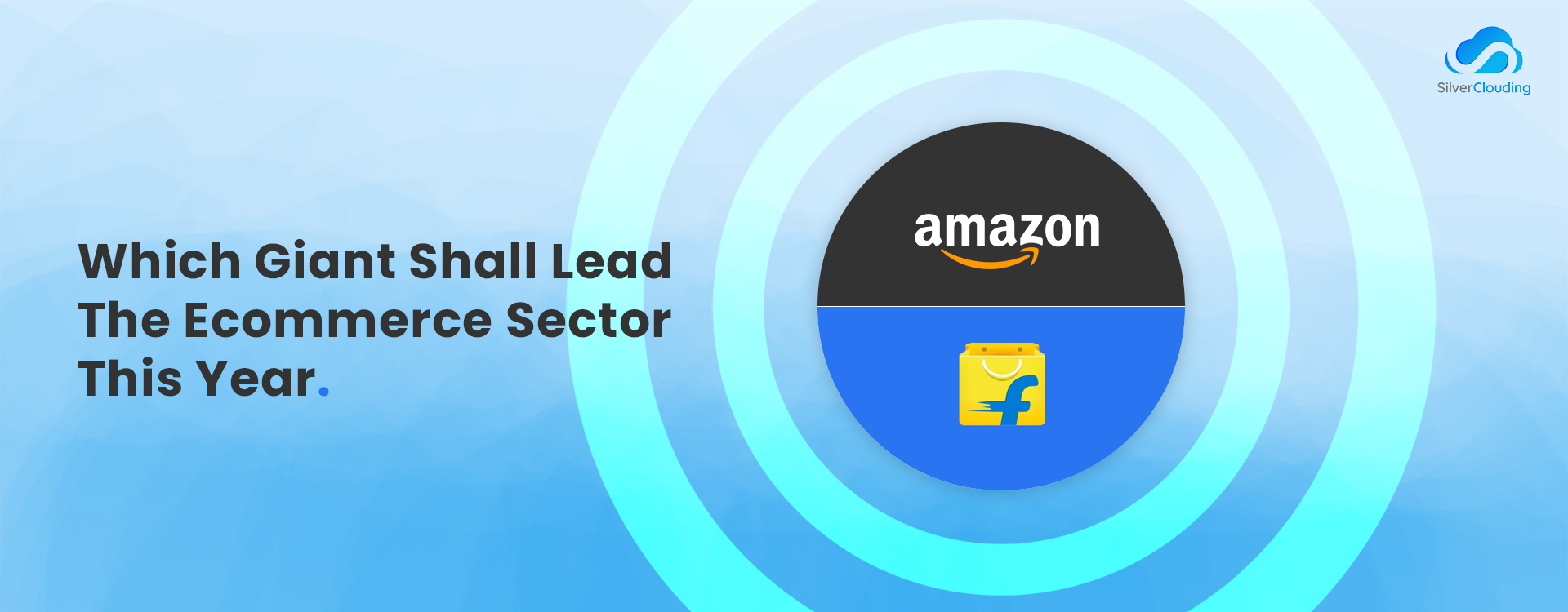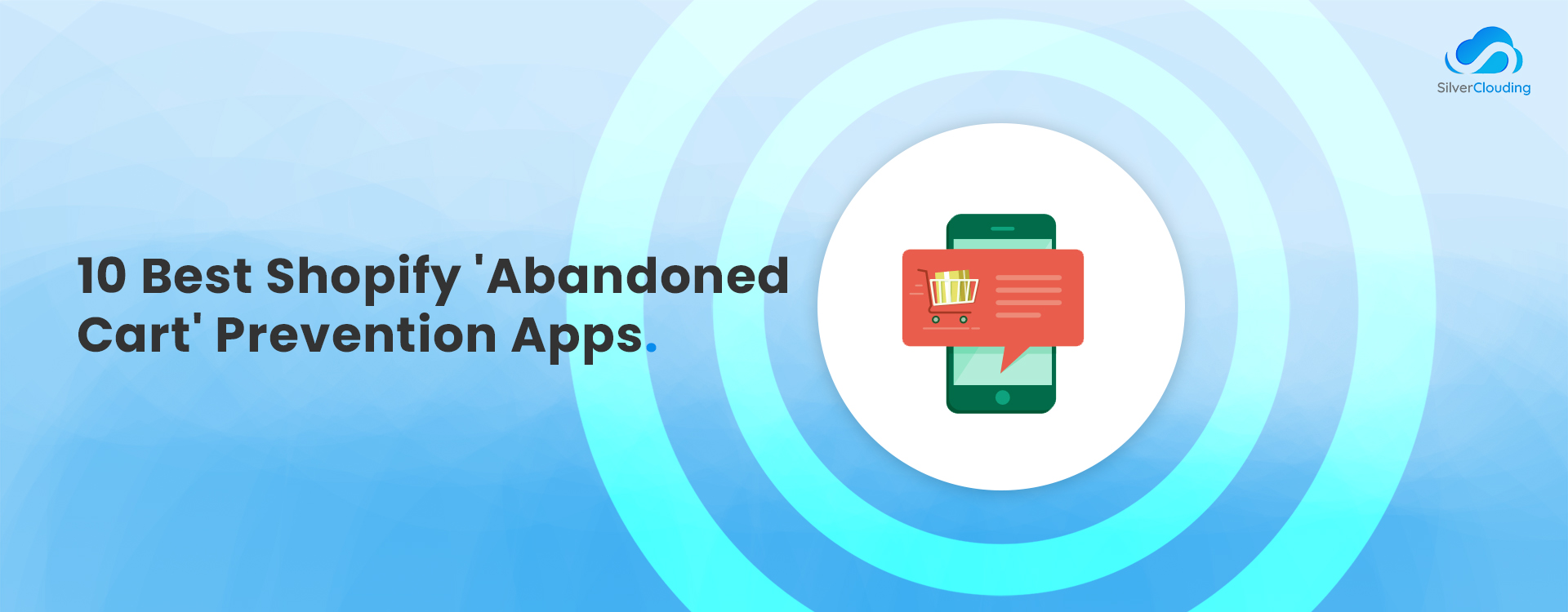The world of eCommerce is expanding rapidly, and businesses are constantly looking for ways to stand out in an increasingly competitive marketplace.
Although it has been proven efficient over time, developing eCommerce relationships is a conversion optimization tactic that is sometimes neglected or overlooked. Successful Internet businesses need partners in addition to high-quality websites, mobile apps, or even products.
When compared to the vast resources on search engine optimization, affiliate marketing, social media marketing, cloud computing, and software-as-a-service, the subject of creating effective partnerships is frequently ignored. However, a great company plan depends on keeping strong eCommerce partnerships. This makes it possible for both parties to design product variants and different marketing strategies that would not be feasible otherwise.
In this blog, we will explore the importance of partnerships in e-commerce and how they can drive growth for businesses. Let’s begin by defining Ecommerce Partners and Partnerships.
What is Ecommerce Partnership?
When two or more ecommerce businesses work together to sell goods or services online, it is referred to as an “ecommerce partnership.” Strategic alliances, joint ventures, co-marketing arrangements, and affiliate programs are just a few of the numerous possible configurations for this cooperation.
In an e-commerce collaboration, one firm supplies the goods or services to be sold, while the other company offers the platform, tools, or marketing expertise to reach a larger audience. Through the division of sales-related income or profits, both businesses gain from their collaboration.
What is Partnership Marketing?
Partnership marketing is a strategic partnership between two parties, usually two businesses or a business and an individual. Through this connection, a brand is introduced to the clients or audiences of a partner. The goal of partnership marketing is to leverage the strengths and resources of each business to achieve common objectives such as driving sales, increasing brand awareness, and expanding customer base.
Why is Partnership Marketing so Important for eCommerce Companies?
Over 400 professionals were surveyed by impact.com and Forrester regarding the advantages of a partnership program. Here are some key takeaways:
1. An increase in sales– According to Wolfgang Digital’s 2019 KPI study, the average firm receives 18% of its revenue from sponsored search, whereas high-maturity partnership programs provide 28% of the company’s overall revenue.
2. Higher credibility– Companies can increase their visibility and brand equity by forming alliances with extremely influential newspapers and brands.
3. Increased consumer loyalty– Through partnerships, businesses may connect with consumers more regularly, remain top-of-mind, and promote repeat business.
4. A larger market share– Special alliances give businesses an edge over the competition by allowing them to gain market share first.
5. Higher conversion rates– In comparison to other channels, partnerships frequently attract extremely relevant, conversion-oriented traffic.
6. Economical– By collaborating with another business, you can save back on your marketing and promotion expenses. You may increase brand exposure without going over budget by splitting the costs.
Partnerships Marketing for eCommerce Brands
Partnership marketing is a key strategy for eCommerce brands looking to expand their reach and drive growth. Creating eCommerce-to-Ecommerce relationships is critical for businesses that are just getting started or are aggressive and competitive. Those in the latter category may be aware of how many tasks must be completed as a result of the procedure. Due to a lack of labour, time, or other resources, you and your team may be unable to accomplish all of them on time, if at all.
Types of Partnership Marketing for eCommerce Brands
eCommerce brands can use a variety of online partnership marketing strategies to meet their objectives. Here are a few instances:
· Affiliate Marketing: Affiliate marketing is a form of partnership marketing in which an eCommerce brand collaborates with customers or affiliates to market its goods or services. Each sale the affiliates’ marketing efforts result in results in a commission for them.
· Influencer Marketing: An eCommerce brand collaborates with social media influencers to market its products or services to their followers through the use of influencer marketing. As payment for their endorsement, the influencers receive payment.
· Co-marketing: is a form of partnership marketing in which two or more eCommerce brands work together on a marketing campaign to promote each other’s goods or services. This may entail splitting marketing costs and producing collaborative marketing collateral.
· Loyalty Programs: A sort of partnership marketing, loyalty programs include partnering with other organizations to provide rewards or discounts to customers who make purchases from both businesses. Cross-promotion and repeat business are encouraged as a result.
· Sponsorships: As a form of partnership marketing, sponsorships entail an eCommerce brand endorsing a cause, group, or person in return for visibility and exposure for the brand. This can expand the brand’s audience and increase consumer awareness.
Benefits of Partnership Marketing
Engaging & Retaining Customers
You give your clients more options by forming collaborations with other online retailers who are not your main rivals. Greater choice encourages shoppers to spend more time and money at your store.
Leading clothing retailer Nordstrom is an excellent example of how to prosper from eCommerce collaborations even during difficult economic times. People were less willing to leave their homes because of the COVID-19-induced lockdown. In order to sell household goods, Nordstrom therefore entered into partnerships with a number of different businesses. As a result of these alliances, consumers may purchase a wide variety of goods in one location and save money on delivery costs. They were able to retain their current clientele and perhaps even draw in some new ones thanks to it.
New Channels to Reach Audience
Your online store most likely already has a sizable audience and regular traffic. But is this your limit? Probably not if you haven’t tried partner marketing yet.
Imagine that you are a natural cosmetics retailer with young women as your primary market. What else might attract young women who choose natural cosmetics? Let’s imagine that they frequently order nutritious food from a chain of stores. If you didn’t work with this provider of health foods, your target market might never learn about your product. Or with another business that sells things for ladies that are healthy and natural.
Gain Trust Owned by Other Brands
Naturally, partnerships imply that they must be advantageous to both sides. It doesn’t matter if you aren’t one of the top 100 eCommerce businesses. Other well-known businesses may still be interested in partnering with you if you can win their loyal customers’ trust.
The marketing plan of furniture company West Elm is one example of such a circumstance. Recently, they have formed alliances with more modest Direct-to-Customer businesses, including luxury puzzle maker Piecework Puzzles and cookware manufacturer Caraway. In this way, West Elm promotes smaller brands while also coming up with fresh ideas for their own designs.
Sharing Marketing Experience and More
Now that we’ve got that out of the way, let’s talk about how partnerships also let you share marketing know-how, tactics, assets, and creatives, along with workforce and talent. Mutual help is no exception, given that partnership benefits both parties.
An illustration of the resources that the alliance with Amazon can provide was already provided. However, relationships in marketing can involve much more:
• Joint marketing – you can share media contacts, collaborate on the design of eCommerce sites, create films, and more;
• Content sharing – you can post each other’s content on blogs or social media;
• Email cross-promotions – in your email newsletters, highlight a partner or his product
• Giveaways and presents – you can run joint contests with cash prizes or giveaways and construct gift boxes or bundles with your partner’s free examples of items.
• Co-sponsorship – split budgets for various advertising businesses.
You can share a lot more actions with your eCommerce partners than just these. Even better, you could pool your customer support representatives and charge clients calling from other countries a lower rate for international calls. What’s more, everything can be tracked down extremely easily and is very efficient.
Umbrella Merchants
The consumer experience can be improved while helping smaller brands gain a following and reputation by acting as umbrella merchants for larger brands and distributors. The online shop Amazon is a good illustration of this.
With a global consumer base, a reliable order processing infrastructure, global customer service coverage, and other qualities, small enterprises operating under them can prosper. In exchange, Amazon needs its business partners to add to Amazon’s product catalog and promote their own goods directly to their target markets in order to gain visibility.
How to Establish Effective eCommerce Partnerships
You’ve undoubtedly already come to the conclusion that partnering with other online retailers will enhance your business.
The next thing to think about is what kind of actions should be performed to create successful and profitable eCommerce partnerships:
1. Set a goal
Determine the type of e-commerce partnership you want and the goals you have for it as a first step. Do you intend to create new goods and services? broaden your clientele? By doing this, you may narrow down the kind of e-commerce partners you should look for and the goals of your cooperation.
2. Make your website marketable
But first, search within before seeking out others for eCommerce collaborations. What might other businesses benefit from your business?
No matter how tiny or recent it may be, your eCommerce firm needs to have a strong brand. A brand, identity, and logo are requirements for the business. The information on your company, including a profile and an orderly structure, must be on a well-kept, professional website.
On your own website, solicit potential business partners by promoting your company website. Let them know how many people visit your website each month, what you have to offer, and who you reach.
3. Research
Your website may be visually appealing enough to please your current clientele, but prospective partners won’t suddenly come running. You must make the first move. You must take into account a few variables in order to find the best partners:
• Relevance. Businesses in the same niche typically form successful eCommerce alliances. For instance, you can work with companies that specialize in pet food, training, and other goods if you run an online store for pet accessories. Avoid direct rivals since you run the danger of sending customers to them rather than your business.
• Audience. Is the target market of your potential partner in line with the objectives of the partnership? Your audiences don’t have to be same, but if both businesses can cater to each other’s clientele, there will be real mutual benefit.
• Opportunity. Exists the potential for a win-win partnership? What can you possibly offer potential e-commerce partners? Check to see if the resources or services you can offer are what your potential partners require.
4. Contact
Use the various social media sites like Facebook, Twitter, Linkedin, email, and the contact form on their website to initiate contact. To discuss issues in real-time, if possible, schedule a face-to-face meeting, Skype call, or instant messaging exchange.
Partnership marketing is an essential strategy for eCommerce companies looking to drive growth and increase revenue. By working together with other businesses, eCommerce companies can access new audiences, increase brand recognition, and gain access to new resources and expertise. Additionally, partnership marketing offers a cost-effective solution for marketing campaigns and provides opportunities for innovation and growth. To stay competitive in the fast-paced world of eCommerce, businesses must be willing to collaborate and form strategic partnerships that drive growth and increase revenue.




